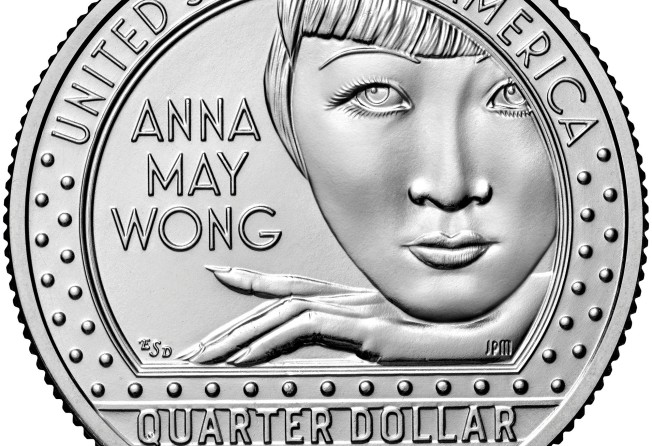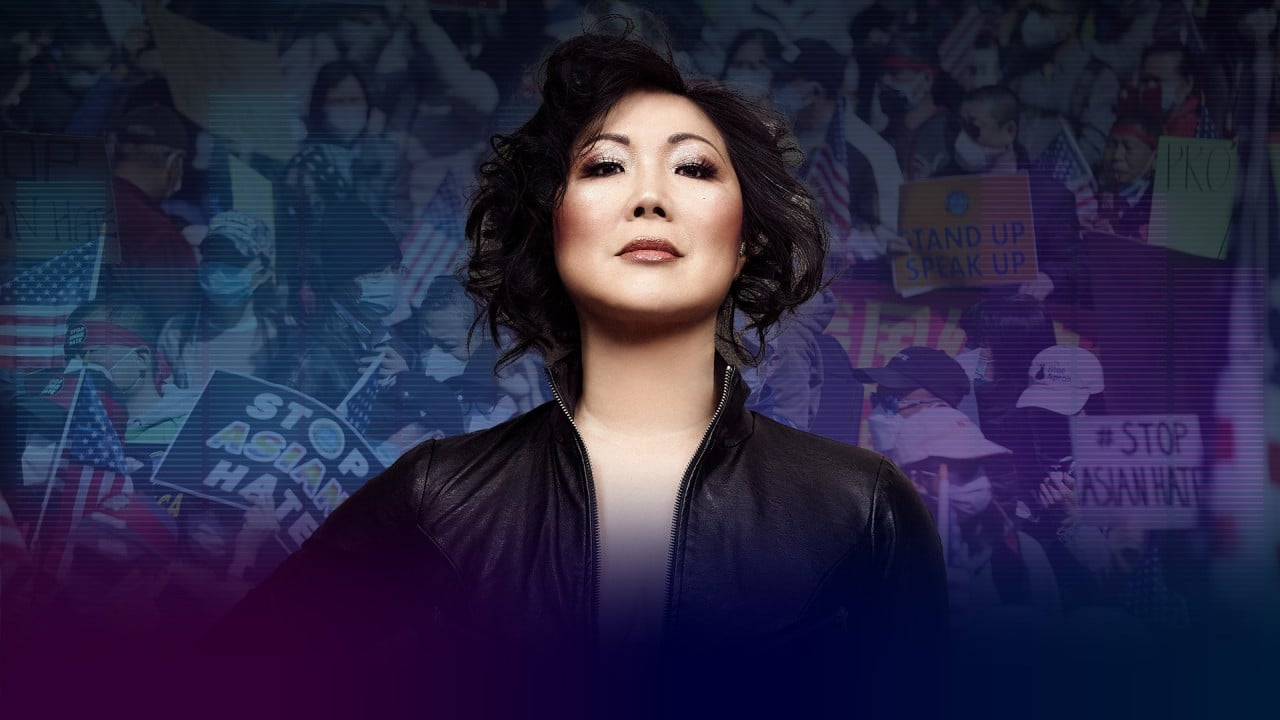Anna May Wong US coin is a timely reminder of deep US-China ties
- Recognition of the film star’s efforts in championing fairer Asian representation in Hollywood movies offers a chance to look back on the deep and unbreakable connection between China and the US

Last month, the US Mint said that Anna May Wong, Hollywood’s first Chinese-American film star, would appear on new US quarters. Given the rising tensions between China and the United States, and the talk of economic decoupling, the announcement was a timely reminder that the two countries have been linked even in their darkest days.
Wong was born in Los Angeles in 1905, in a neighbourhood near Chinatown. It was a time when the Chinese Exclusion Act was still in force; the Los Angeles Chinatown massacre of 1871 was still in people’s memory; and white people wore make-up to take on Asian roles in films. It was a time when China and the US could not be further apart, yet they were still connected by people such as Wong.
The predicament she faced was twofold: she had trouble landing film roles, and the roles she managed to get were generally underpaid and stereotypical depictions of cruel and murderous or treacherous villains.
To compound her situation, when she visited China as a glamorous actress, she was attacked for misrepresenting Chinese people and playing roles that catered to the exotic Oriental imagination of the West.
Wong’s sad experiences were the result of multiple interrelated factors: how American society perceived itself and Chinese people; how Chinese society perceived itself and Westerners; what position each country had in the world; and, the relation between the two countries.
The forces that made Wong miserable a century ago are still around today. Although the Chinese Exclusion Act was repealed in 1943, we still see Chinese Americans facing unnecessary and unimaginable pressure as a result of China-US tensions.
In 2018, the US Department of Justice launched the China Initiative to prosecute perceived Chinese spies. The programme ended this year following criticism that it unfairly targeted researchers of Chinese descent.
Nanotechnology researcher Hu Anming, at the University of Tennessee, was placed under house arrest for more than a year before he was acquitted. Chen Gang, a professor of mechanical engineering at the Massachusetts Institute of Technology, was arrested before all charges were dropped a year later.
Also, during this year’s US midterm elections in California 45th congressional district, US-born candidate Jay Chen was attacked for his Chinese origins. He was labelled “China’s choice” and it was alleged he was a supporter of China’s Communist Party, even though his parents were immigrants from Taiwan. His opponent was a Korean American, Michelle Steel, in a district where they sought the support of largely Vietnamese American communities.
The ironies here are glaring. It appears that it’s not only Chen, a Chinese American, but Asian Americans in general who are being affected by the dual influences of China and the US. The worst thing is that the Asian American community is being torn apart right after being collectively subjected to hate crimes because of tensions between the two countries.
At the start of the Covid-19 pandemic, when then president Donald Trump regularly and directly blamed China for spreading the coronavirus, the result was surging hate crimes and racism against Asian Americans. Some even lost their lives.
And the situation is getting worse. A report published by Pew Research this June shows that, following a consistent upwards trajectory, 82 per cent of Americans have a negative view of China, and seven in 10 Americans describe bilateral relations with China as poor. Let’s also not forget the speculation that a military conflict between the two countries may be triggered over Taiwan.
Facing such a gloomy outlook, one has to wonder where the bottom is.

That is why the news about Wong appearing on US currency is so timely. It is a huge recognition of her efforts in championing a fairer representation of Asian people in Hollywood films.
Equally important, her story offers us a chance to look back and recognise the deep and unbreakable connection between China and the US.
Recognising this connection offers opportunities for dialogue and understanding, and also reminds us of a dark period in history that we do not want to go back to.
April Zhang is the founder of MSL Master and the author of the Mandarin Express textbook series and the Chinese Reading and Writing textbook series
